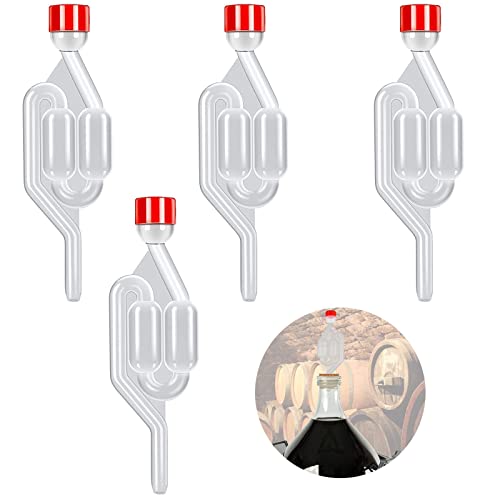@conspiccus
First of all your water is pretty decent as a starting point for adjustment for most styles, it's very similar to mine actually.
That being said aiming for regional profiles isn't the best way of selecting a water profile. For a start you don't know what treatment the breweries there might be doing, secondly it might not be possible depending on your starting profile, plus it may not be particularly suited to your taste.
Personally I would never use that Dublin profile. The reason your calculator is predicting a high pH is because the bicarbonate is way too high, try dropping it to about 140 ppm. Next I would ditch the calcium carbonate and use sodium bicarbonate to raise the alkalinity (you'll need about 3.5 - 4g). The sodium from this will be a good thing in a stout. Then I would add a load of calcium chloride, probably about 13g, plus a touch of gypsum to balance it out a bit, maybe about 3g. That would give the following profile:
150ppm calcium
140ppm bicarbonate
40ppm sodium
75ppm sulphate
220ppm chloride
0.3 : 1 ratio
I would be pretty happy with that I think, and it should give a decent mash pH.
Edit to add: with regards to your recipe, from my experience with rye malt it's quite subtle even in pale beers, I would bump it up closer to 20% if you want to taste it. Also that's quite a lot of black malt, probably more than I'd want to use.





























![BREWING THERMOMETER STICKERS ACCURATELY MONITOR FERMENTING BEER & WINE LIQUID TEMPERATURES 5PCS HOME BREW SPIRITS WINE LCD ADHESIVE [US]](https://m.media-amazon.com/images/I/311DDjo2X3L._SL500_.jpg)











